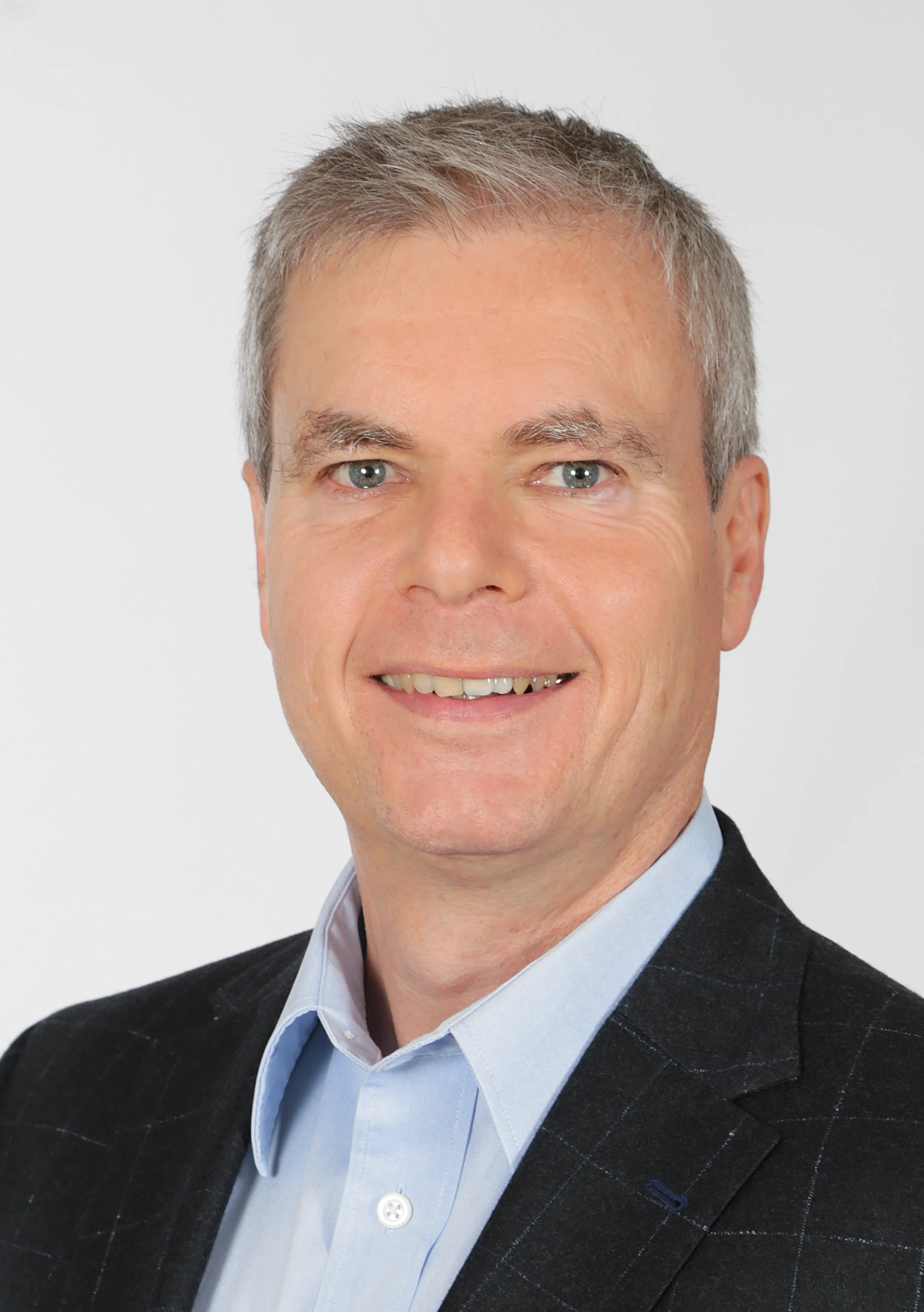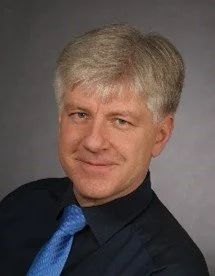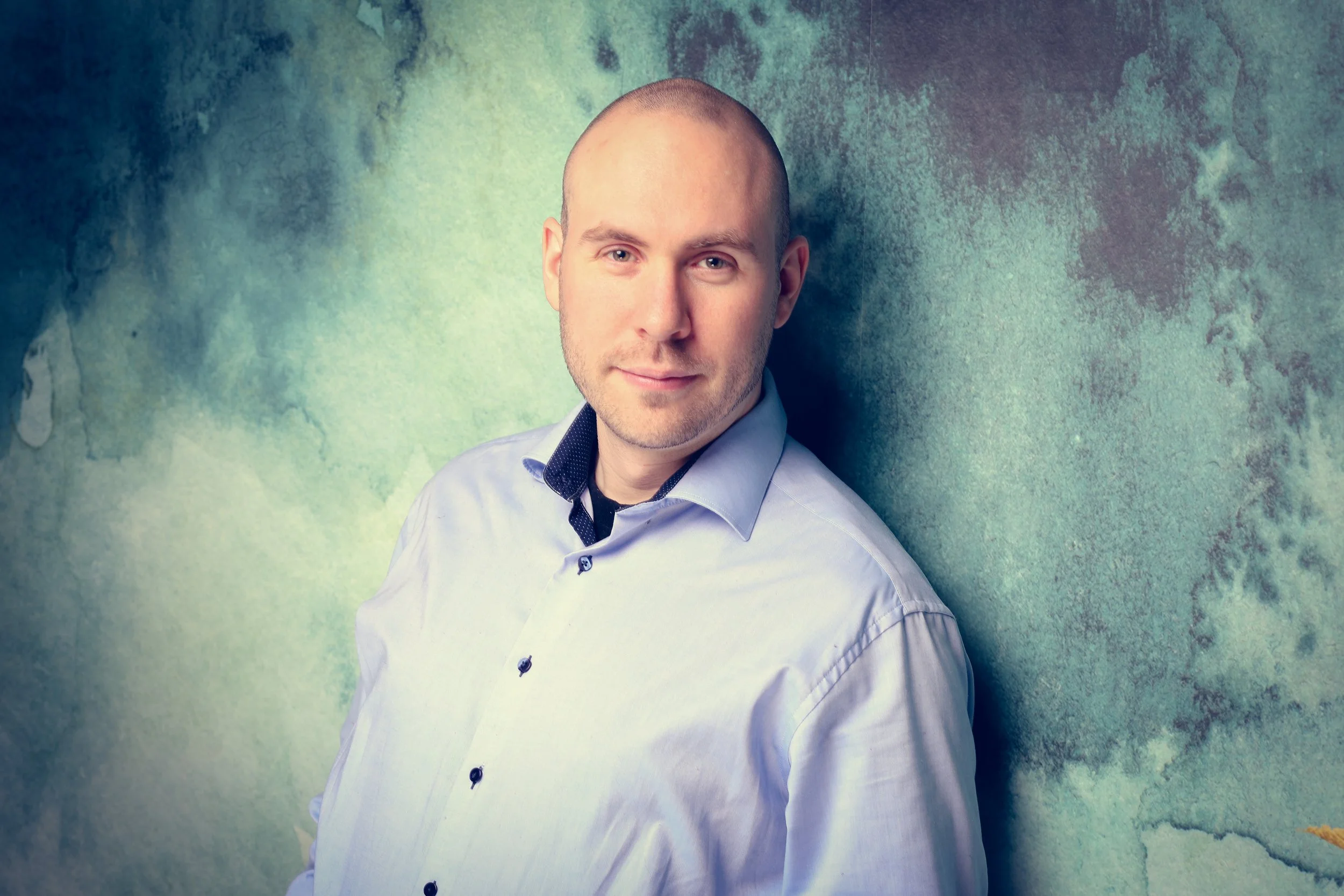
best congress paper
Getting the Full Benefit or Rheocasting with Optimized Engineering and Simulation
Rheocasting (applying the Rheometal/Comptech process) is gaining rapidly increasing interest for more and more applications and a growing number of OEMs and casters in different industries are adopting it. Starting from telecom/electronics applications (benefitting from increased conductivity), to industrial and a wide variety of vehicle applications (using the inherent advantages of the process for e.g. (large) structural, leak tight, and weldable parts), Rheocasting can solve many of the typical die casting problems and replace parts made in other process technologies or assemblies with reduced wall thickness (weight) and improved properties.
To achieve these inherent advantages of Rheocasting, optimized engineering including simulations are needed or the project goals will not be reached. Initially simulations for semi-solid forming was done with plastic injection simulation software packages as the typical HPDC programs did not offer the capability to correctly simulate the semi-solid (non-Newtonian) fluid flow of metal in the die. At Project Engineering, the commercially available Flow3D software has been adapted to realistically simulate the Rheocasting process. Process engineering also requires a new and different set of skills and experience, and for experienced HPDC experts a very open mind, as many things are rather counter-intuitive. Bringing the right experience from other projects can therefore significantly shorten the learning curve and save a lot of time and money.
Best paper Authors
-

Martin Hartlieb
After his master’s degree (MSc) at the University of Stuttgart (Germany), Martin started his career in 1995 in Germany and then in Spain at Behr (Automotive Tier1, today part of Mahle). In 2000 he joined Alcan first in Germany, where he was in charge of Sales and Engineering of their Engineered Shaped Products Division (Castings/Forgings), where he first worked on structural die castings for Audi, Jaguar and BMW. In 2003 he was transferred to Montreal (Canada) to take over global market development and later foundry product management for the Alcan Primary Metals Group. During this time, he became a recognized aluminum industry expert – especially for structural casting – working with many foundries/die casters and OEMs, and speaker at many conferences and seminars around the globe. Since 2012 he is working in his own company, Viami International Inc., where he works with many different producers of aluminum alloys, aluminum recyclers, foundries/die casters, equipment & process technology developers and several R&D organization in developing those and their international markets (launching new alloys, products and process technologies). He offers consulting and training in aluminum (technical and commercial), as well as process development and improvement, supplier development and business development to different die casters, foundries and OEMs of different industries (with focus on structural castings, now including Mega/Giga-Castings and Rheocasting).
-

Andreas Harborth
After his graduation as mechanical engineer at the University of Applied Sciences in Brunswick-Wolfenbuettel (Germany), Andreas started his career in 1993 as a design engineer for automotive roller test benches, and from 1996 for balancing machines, both at the German-American HOFMANN group of companies (Froude-Hofmann GmbH, American Hofmann Corporation, Hofmann Measuring and Balancing Technology GmbH & Co.KG).
In 2000, he joined Amann Die-Casting GmbH (now Endurance GmbH) as a project manager in the light metal casting industry, where he became head of the development and process planning department in 2005. During this time, Andreas was responsible e.g., for the development of casting and machining processes, the sampling phases, and ramp-up of production for both the NAG2i 4-matic automatic transmission housing and the NAG2 converter housing for Mercedes Benz AG (then Daimler-Chrysler AG).
In 2008, he joined MAC GmbH, based near Winterthur, Switzerland, and worked as a consulting foundry engineer for foundry and casting process planning both in Germany and abroad. This included assignments of several weeks to die casters in South Korea and China. Of particular note is his 3.5 years of continuous consulting work (2010 to 2013) at the light metal foundry of Mercedes-Benz AG in Esslingen-Mettingen. Among other things, he led NAG2 automatic transmission housing production to profitability by doubling (!) output. At the same time, he developed the casting process for the new NAG3 automatic transmission housing. This process resulted in usable castings right from the initial sampling stage and could be immediately installed and tested in S-Class test vehicles, saving time and money. During this period, Andreas also provided consulting support for the first castings of Mercedes-Benz strut supports made of AlSi10MnMg alloy for S-Class and C-Class vehicles.
When he joined Aluminium Rheinfelden Alloys GmbH, based in Rheinfelden (Germany), in 2014 as Product Manager, Andreas deepened his expertise in the field of both heat-treatable and naturally hard AlSi, AlMg and AlFe die-casting alloys for structural casting in vehicle construction and carried out alloy tests at OEMs and Tier-1 companies in Germany and abroad.
After almost four years from 2021 to 2024 as Product Manager Casting at Volume Graphics GmbH (now HEXAGON AB) based in Heidelberg (Germany), which develops well-known CT software analysis tools and markets them worldwide, Andreas moved to Project Engineering GmbH, Nussloch (Germany), as a Senior Casting Process Engineer at the end of 2024. Here, he leads a team of simulation engineers and successfully develops and optimizes die casting and Rheocasting processes for light metal casting applications for customers all over the world (EU, North America, India, China, South Korea). In addition, as a consulting die casting engineer on behalf of Project Engineering GmbH, he also carries out troubleshooting assignments related to casting process analyses and their optimizations on-site at customers' foundries with great success.
-

Benjamin Bode
Benjamin studied mechanical engineering with a focus on process engineering as well as simulation technology at the University of Applied Sciences in Düsseldorf. In 2012 he started working for RWP as a software developer. In 2017 Benjamin joined the engineering office Urs Brandenberger and additionally Project Engineering in the respective simulation department, where he became familiar with the metal casting functions of FLOW-3D. Since 2017 he is also managing director of teutologic a software engineering development company. In 2021, there was an exchange with CompTech, a company that markets the Rheocasting process, and Project Engineering. Based on the realization that this process has the potential to master the increasingly complex castings in the future, it was decided to map the Rheocasting process with Flow-3D.
